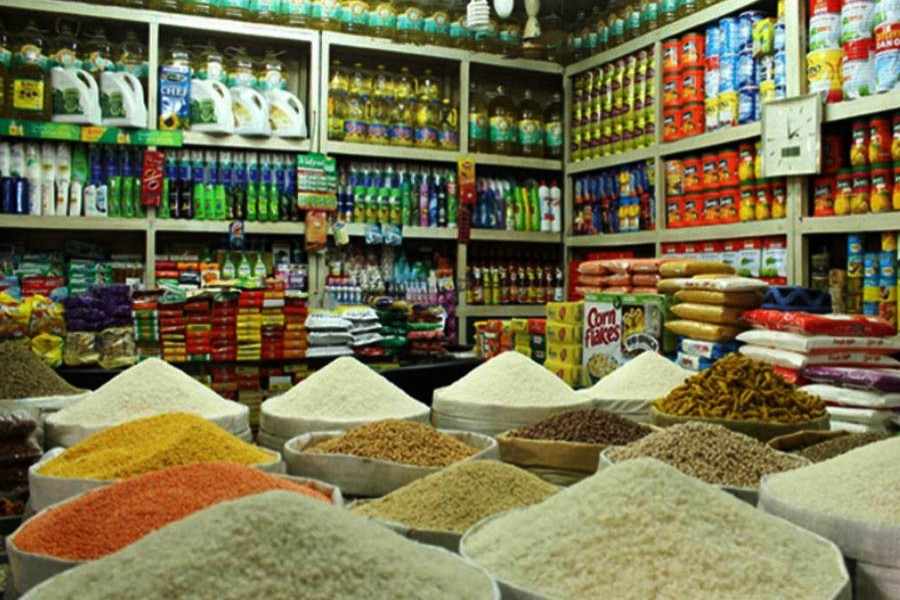Almost everyone from lower to middle-income brackets is bearing the brunt of spiraling prices of essential goods in the Bangladesh markets, according to stakeholders.
They are having to count additional money for buying the essential goods, market prices indicate.
And given the income erosion for many during the pandemic, they are facing difficulty in running their families.
The surging commodity prices have made the middle and lower middle income people struggle almost every day to cope up with the situation, Bangla daily Prothom Alo said in a report published on Sunday.
The most recent price hike of flour, chicken, eggs and some other items has occurred at a time when the fixed and middle income people already had their pockets dented by prices of pulses and edible.
Also, as the paper pointed out, the prices of cooking gas, soap and toothpaste have shot up. Fuel oil and gas prices have also seen a hike, the Bangla daily stated.
The market players are reportedly proposing a further rise in the prices of edible oil and sugar. In the meantime, the prices of food products are also skyrocketing in the international market.
The activities to sell rice, pulses, edible oil and sugar at regulated prices to tame the market have also been quite limited compared to the people’s needs.
Recently, in front of the government's mobile sales centres, which sell rice and daily necessities, the queues have reportedly been longer.
A furniture trader in the city’s Kazipara area, wishing anonymity, said he now has to wait for a truck from the government-owned Trading Corporation of Bangladesh (TCB). He has to wait for several hours to buy edible oil and sugar but prices of every essential were also higher now.
A few days back, a kg broiler chicken could be bought at Tk 120, which has now increased to Tk 175, he reportedly said.
The man is having a tough time as his business has not been anywhere near ‘good’ in the past two years whereas his family expenses are rising day by day, he added.
Beauty parlor worker Salma Khatun, who is living with her husband and two children on Sher Shah Suri Road at the capital’s Mohammadpur, said many of his colleagues have lost their jobs in the corona situation.
Salma’s salary has been reduced from Tk 18,000 per month to Tk 7,000, she added.
Prices of edible oil, wheat, sugar, pulses, powdered milk and various industrial raw materials have witnessed a hike in the international market. With the increased freight charge, this growth trend has reportedly persisted from the very beginning of the current year.
Food prices in the global market rose by 4.8 per cent in May, the highest monthly growth rate since 2010.
The food price was much higher from 2007 to 2008 and from 2010 to 2013 in the world market. At that time, economic and political instability loomed in different countries.
A general rise in commodity prices now has move the government to take action to tame the market by augmenting supplies and strict monitoring, a FE report said on Monday.
The commerce ministry said it had written to the National Board of Revenue (NBR) to reduce duties on oil and sugar.
While talking to the paper, Commerce Secretary Tapan Kanti Ghosh said, "I have not received any response from the NBR officially so far after sending the letter for reducing the tax."
Selim Raihan, executive director at the South Asian Network on Economic Modeling (SANEM), told the Bangla newspaper that rising prices of commodities could worsen the poverty situation.
“The government should do a review immediately to see how much help people need and what kind of help they require,” he was quoted to have said.
The Bangladesh Bureau of Statistics (BBS) is yet to conduct a nationwide survey on the poverty situation during the Covid-19 pandemic.
The SANEM, a non-government organisation, said the poverty rate has almost doubled (42 per cent), a finding which has been rejected by the government.
The BBS reported in a telephone survey in October last year that people's incomes had fallen by as much as 20 per cent.


